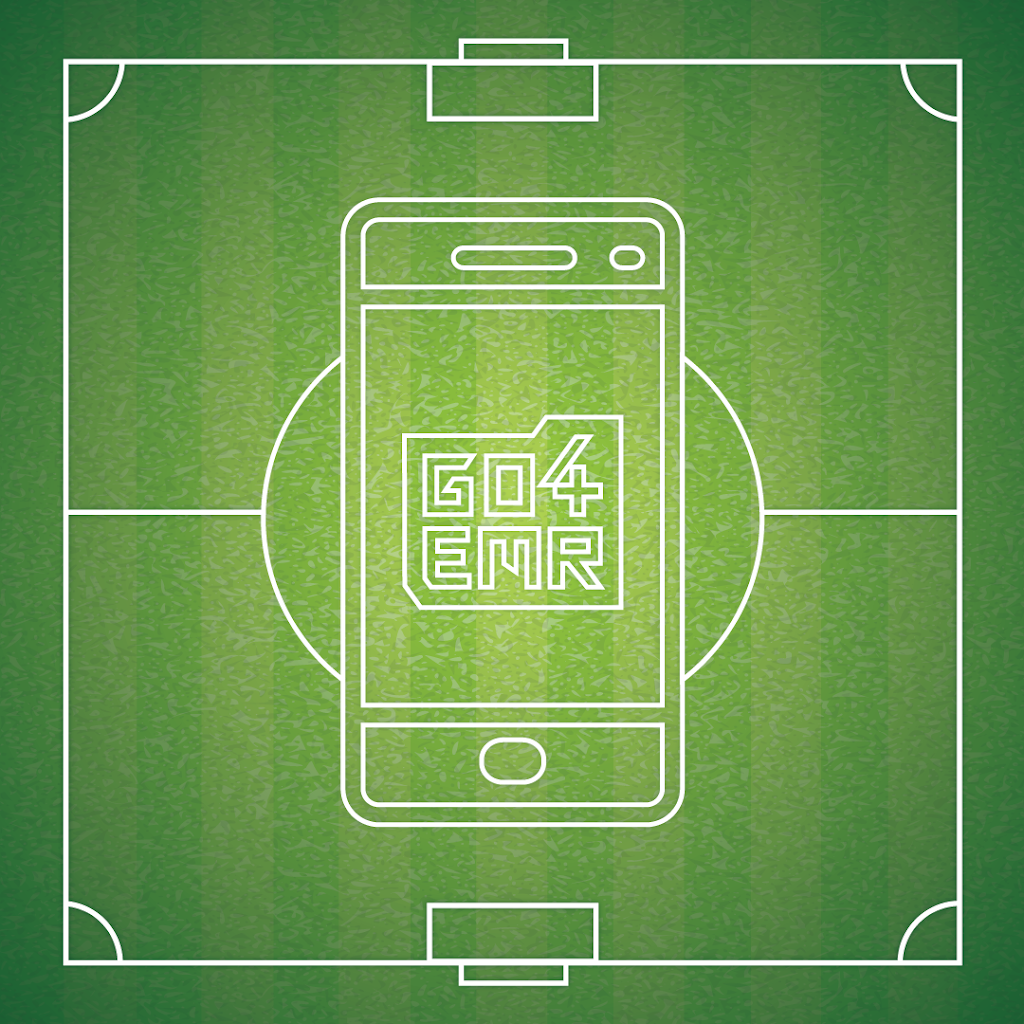5 Things to know before becoming an athletic trainer
5 Things to know before becoming an athletic trainer
Are you looking to become an athletic trainer? It’s a serious career path that needs many years of study, but can be a fun, rewarding, and lucrative one. Today the expert team at Go4 breaks down 5 things you should know before you become an athletic trainer, and why they matter.
An athletic trainer is not a personal trainer
It’s easy to see where the confusion comes in, but an athletic trainer is not a personal trainer. We’ve been programmed to see the word ‘trainer’ and think of gym-style training. However, an athletic trainer is not going to make you do a few bicep curls and get you fit. While an athletic trainer may create a rehabilitation program for an athlete recovering from injury, their duties go far beyond that.
Athletic trainers are highly skilled healthcare professionals. They help treat and rehabilitate injuries in athletes, both chronic and acute. They also help athletes focus on injury prevention.
As an athletic trainer, you will wear many hats every day. You may go from assisting with wound care or setting a cast, to coordinating care between clinics for an athlete on tour, to handling someone else’s insurance claim. It’s a vibrant and interesting field, and no day will look like another.
It will take a while and you need to study hard
Like any solid, degreed educational path, it will take a while to fully earn the title of Athletic Trainer, and the ATC credential. Most educational programs will be a 5-6 years program where you will receive your Bachelors and Masters degree.
At that point, you can begin to look for internships to get work experience. You can also take the BOC (Board of Certification) examination that will let you practice as an athletic trainer. All states (except CA) need you to seek a state-based license for where you wish to practice in addition to the BOC certification. In order to keep your certification, you will need to undertake continued education for credits towards its upkeep, as it is renewed every 2 years.
However, to maximize your earning potential and career path, you really should look at pursuing your Master’s degree, which will need another one- to three years of study.
You can work in a variety of environments.
There’s a common idea that athletic trainers work only in schools and colleges. Nothing could be further from the truth! You will have the ability to pursue your career in many different scenarios. Yes, you can look at junior, middle, and high schools, or a position at a college/university, or you could look to work with professional sports teams or leagues like the NFL.
You could also look for clinic-based practice through sports medicine settings, hospitals, and other medical centers. There’s also a broad scope of work for athletic trainers in industrial settings, and even in law enforcement, theater, and the military.
You won’t just ice injuries
As a certified athletic trainer, your patient’s welfare will be key. That’s why you will have a huge role in preventative programs, as well as care and rehabilitation after injury. You will, of course, also be there to assist immediately in emergencies. Brain and spinal column injuries can be deadly, so your prompt and expert intervention will be critical.
Alongside injury mitigation, taping, support, and rehabilitation programs, you will have many duties. This includes communicating with other medical professionals about your patient, helping determine when they can return to play, ruling on safety in adverse weather and environmental conditions, and preparing athletes for games and practice. You will also be expected to develop emergency action plans, as you will be the first responder for the athletes in an emergency.
Do note that athletic trainers are bound by HIPAA laws, as you will be a medical professional.
Expect to love your job
Athletic trainers typically enter the field because they have a passion for athletics, and helping others. Expect to derive a lot of career satisfaction from your work. You will have the opportunity to help and shape many athletes, some of whom could go on to famous careers.
Even for those who don’t, however, you will play a key role in helping them understand their care, become more confident athletes, and reduce their pain and suffering. You will get to see them thrive and enjoy their lives and sports careers.
In many ways, you become an advocate for their health and well-being against coaches and managers, too. You will share the thrills and spills of game day, see them at their lows, and get to help them to their high points.
Becoming an athletic trainer could be the most rewarding and satisfying thing you ever do. Are you ready to start your career today?
Are you an Athletic Trainer?
Join us!
From per diem shifts to full-time opportunities, AT resources, PLI, a free EMR and more, Go4 is the essential AT app. Sign up now!
"*" indicates required fields
Other articles you might like

What is the deal with Standing Orders?
How do I get standing orders as an athletic trainer? Q: What are standing orders? A: Standing orders, aka medical protocols, establish the scope of practice for an athletic trainer. Under the direction of a physician, they are an overview of the specific skills that the AT is legally able…

AT Spotlight: Thomas Obergefell, Athletic Training from the Dugout
Name: Thomas Obergefell, MS, ATC, LAT Nickname: T.J. Alma…

Middle School / High School / College / Any School EMR: The Importance of Documentation
Go4’s in-app Electronic Medical Record We all know the reasons why it’s important to thoroughly document, but incase you forgot, here they are:…